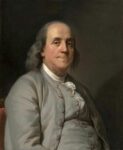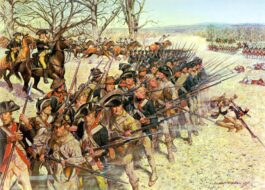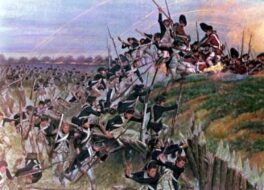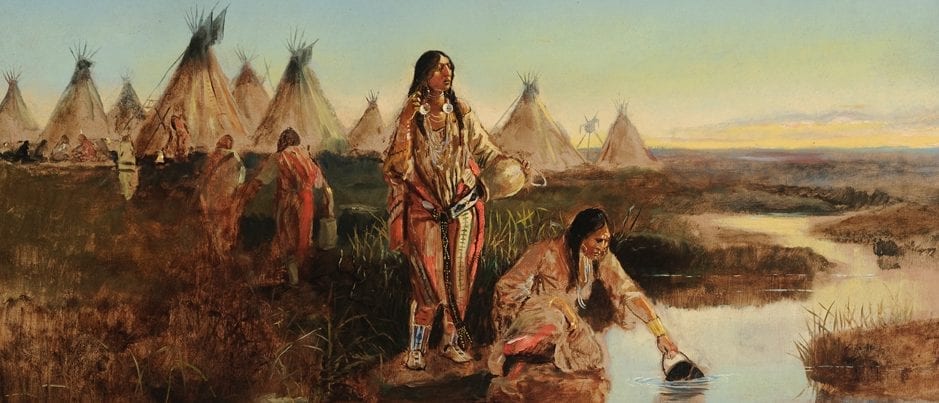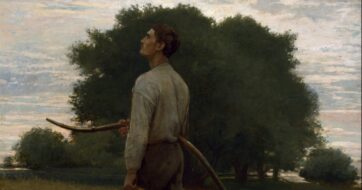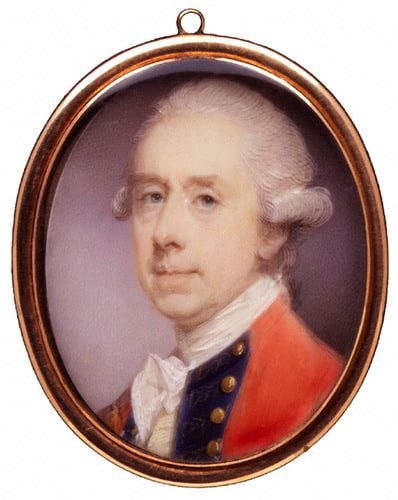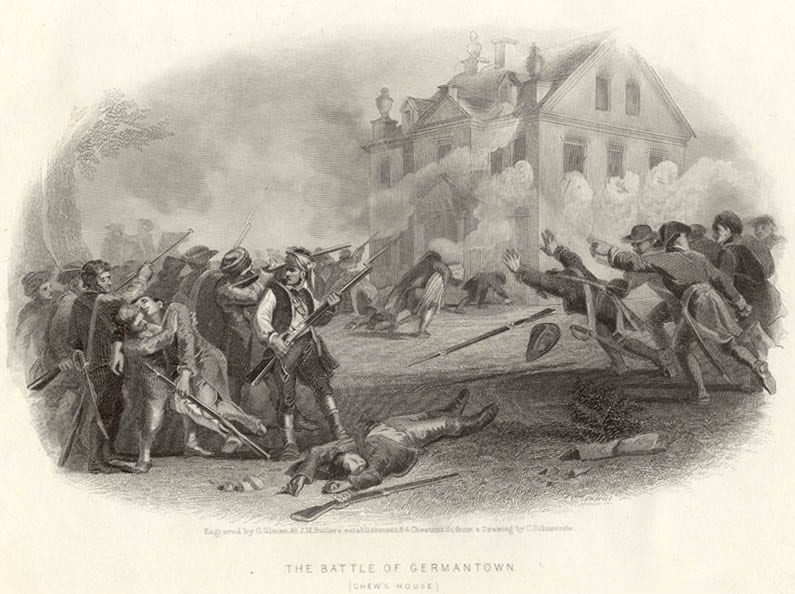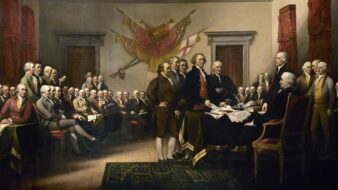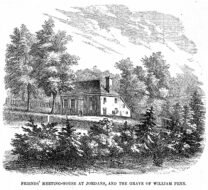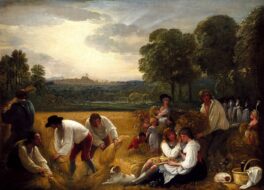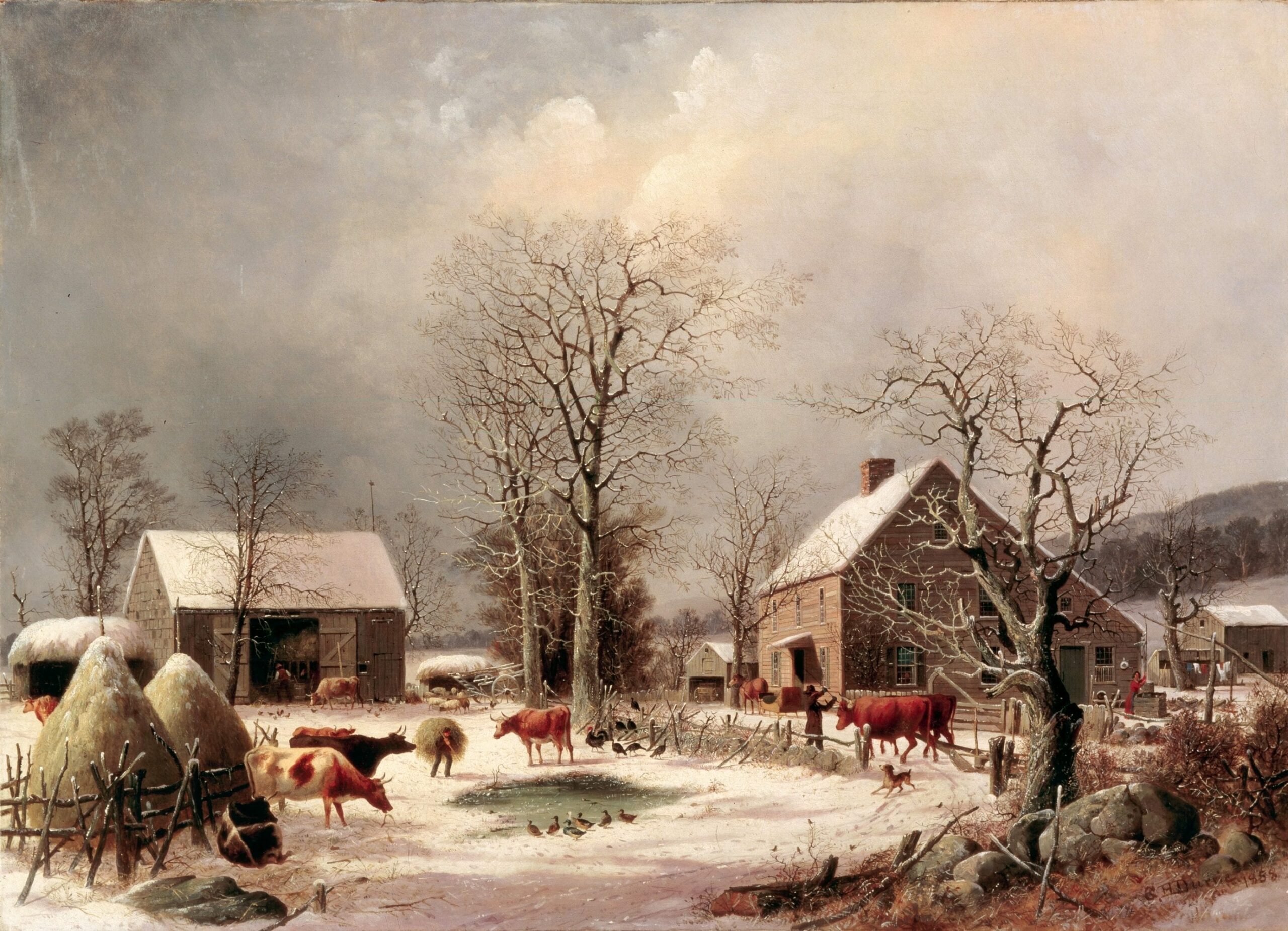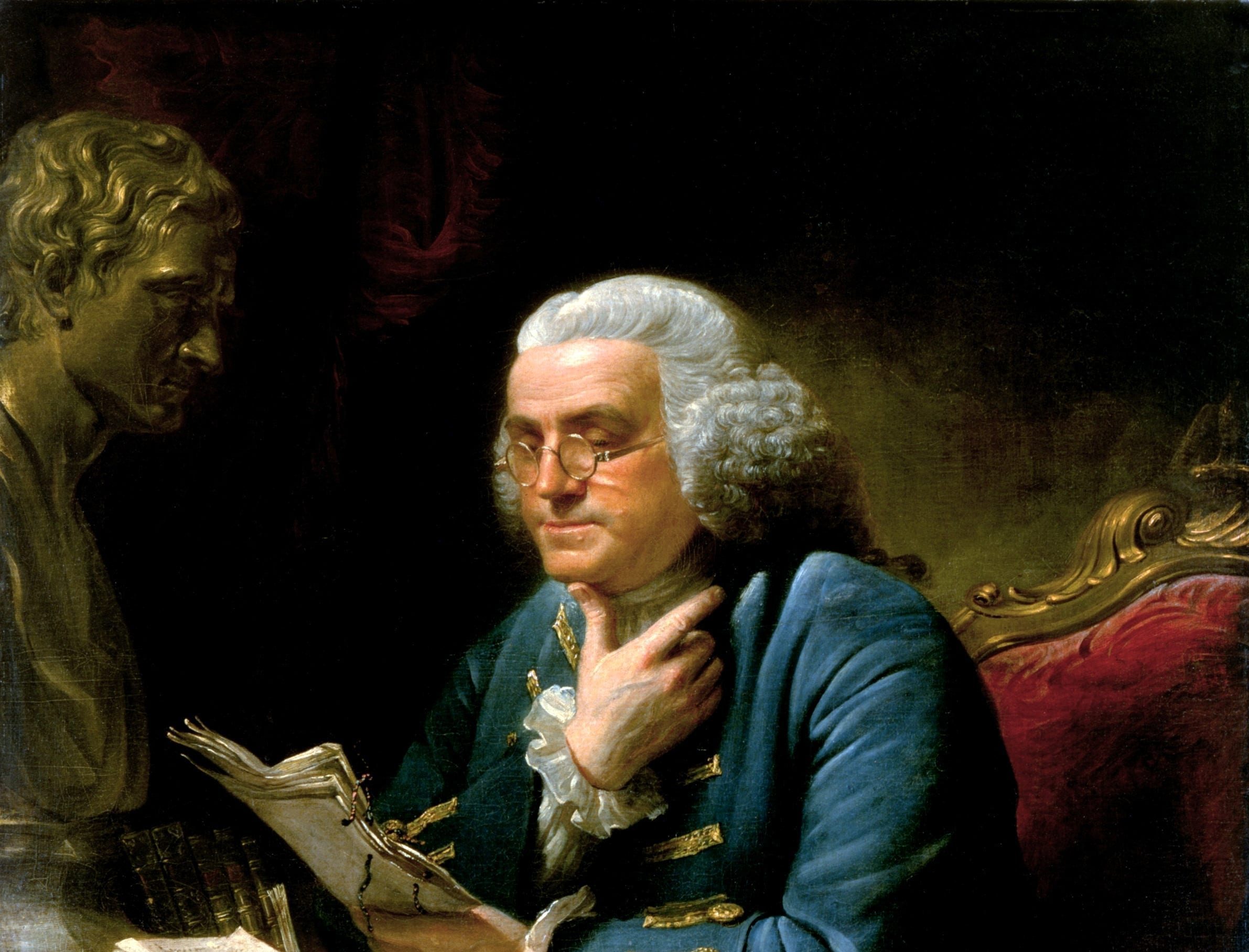
No related resources
Introduction
Haym Salomon (ca. 1740–1785) sacrificed a great deal for the cause of independence—and risked much more. Born in Poland, he befriended leading members of the Sons of Liberty soon after his 1775 arrival in New York City. Arrested twice by the British for spying, he received a pardon the first time and a death sentence the second. His experience urging Hessians to desert and helping prisoners of the British to escape served him well when he ran away to Philadelphia. There he assisted Robert Morris, Congress’s superintendent of finance, in arranging credit from foreign nations. When funds ran low, he helped keep the Revolutionary government afloat with his own donations and no-interest loans.
Yet the 1776 Pennsylvania constitution barred Salomon, who was Jewish, from service in his state’s legislature. Its members had to take an oath affirming their belief “in the scriptures of the old and new testament.” In this 1783 petition, Salomon as well as other members of Philadelphia’s Mikveh Israel congregation, including Rabbi Gershom Seixas (1745–1816), called on the state’s council of censors, a body empowered to call a convention to amend the constitution, to work toward the elimination of an oath that Jews could not in good conscience take. Although the council of censors tabled the petition, when Pennsylvania adopted a new constitution in 1790 the eligibility to hold office was extended to all who acknowledged “the being of a God and a future state of rewards and punishments.”
The cause of religious freedom gained ground elsewhere, as well. In 1786, Virginia adopted the proposal of Thomas Jefferson (1743–1826) and James Madison (1751–1836) to separate church and state. The 1787 United States Constitution barred religious tests for office-holding, and the First Amendment, ratified in 1791, prohibited the federal government from establishing a national church or restricting the free exercise of religion. In 1790 President George Washington (1732–1799) wrote to the Jewish congregation in Newport, Rhode Island, that “the Government of the United States, which gives to bigotry no sanction, to persecution no assistance, requires only that they who live under its protection should demean themselves as good citizens.” The freedom to worship according to one’s conscience, he affirmed, was among an individual’s “inherent natural rights.”
Source: “Petition of the Philadelphia Synagogue to the Council of Censors of Pennsylvania,” The Freeman’s Journal or The North-American Intelligencer (Philadelphia), January 21, 1784.
…By the tenth section of the frame of government of this commonwealth, it is ordered that each member of the general assembly of representatives of the freemen of Pennsylvania, before he takes his seat, shall make and subscribe a declaration, which ends in these words, “I do acknowledge the scriptures of the old and new testament to be given by divine inspiration,” to which is added an assurance, that “no further or other religious test shall ever hereafter be required of any civil officer or magistrate in this state.”
Your memorialists beg leave to observe, that this clause seems to limit the civil rights of your citizens to one very special article of the creed; whereas by the second paragraph of the declaration of the rights of the inhabitants, it is asserted without any other limitation than the professing the existence of God, in plain words, “that no man who acknowledges the being of a God can be justly deprived or abridged of any civil rights as a citizen on account of his religious sentiments.” But certainly this religious test deprives the Jews of the most eminent rights of freemen, solemnly ascertained to all men who are not professed atheists.
May it please your honors: Although the Jews in Pennsylvania are but few in number, yet liberty of the people in one country, and the declaration of the government thereof, that these liberties are the rights of the people, may prove a powerful attractive to men, who live under restraints in another country. Holland and England have made valuable acquisitions of men, who for their religious sentiments, were distressed in their own countries.
And if Jews in Europe or elsewhere, should incline to transport themselves to America, and would, for reason of some certain advantage of the soil, climate, or the trade of Pennsylvania, rather become inhabitants thereof, than of any other state; yet the disability of Jews to take seat among the representatives of the people, as worded by the said religious test, might determine their free choice to go to New York, or to any other of the United States of America, where there is no such like restraint laid upon the nation and religion of the Jews, as in Pennsylvania.
Your memorialists cannot say that the Jews are particularly fond of being representatives of the people in assembly or civil officers and magistrates in the state; but with great submission they apprehend that a clause in the constitution, which disables them to be elected by their fellow citizens to represent them in assembly, is a stigma upon their nation and religion, and it is inconsonant with the second paragraph of the said bill of rights;[1] otherwise Jews are as fond of liberty as their religious societies can be, and it must create in them a displeasure, when they perceive that for their professed dissent to doctrine, which is inconsistent with their religious sentiments, they should be excluded from the most important and honorable part of the rights of a free citizen.
Your memorialists beg further leave to represent, that in the religious books of the Jews, which are or may be in every man’s hands, there are no such doctrines or principles established as are inconsistent with the safety and happiness of the people of Pennsylvania, and that the conduct and behavior of the Jews in this and the neighboring states, has always tallied with the great design of the Revolution; that the Jews of Charlestown, New York, Newport, and other posts, occupied by the British troops, have distinguishedly suffered for their attachment to the Revolution principles; and their brethren at St. Eustatius, for the same cause, experienced the most severe resentments of the British commanders.
The Jews of Pennsylvania, in proportion to the number of their members, can count with any religious society whatsoever, the Whigs[2] among either of them; they have served some of them in the Continental army; some went out in the militia to fight the common enemy; all of them have cheerfully contributed to the support of the militia, and of the government of this state; they have no inconsiderable property in lands and tenements, but particularly in the way of trade, some more, some less, for which they pay taxes; they have, upon every plan formed for public utility, been forward to contribute as much as their circumstances would admit of; and as a nation or a religious society, they stand unimpeached of any matter whatsoever, against the safety and happiness of the people.
And your memorialists humbly pray, that if your honors, from any consideration than the subject of this address, should think proper to call a convention for revising the constitution, you would be pleased to recommend this to the notice of that convention.
- 1. “That all men have a natural and unalienable right to worship Almighty God according to the dictates of their own consciences and understanding; and that no man ought or of right can be compelled to attend any religious worship, or erect or support any place of worship, or maintain any ministry, contrary to, or against, his own free will and consent; nor can any man, who acknowledges the being of a God, be justly deprived or abridged of any civil right as a citizen, on account of his religious sentiments or peculiar mode of religious worship: And that no authority can or ought to be vested in, or assumed by any power whatever, that shall in any case interfere with, or in any manner control, the right of conscience in the free exercise of religious worship.”
- 2. Patriots who supported independence.
Cincinnatus Reborn
December 23, 1783
Conversation-based seminars for collegial PD, one-day and multi-day seminars, graduate credit seminars (MA degree), online and in-person.
